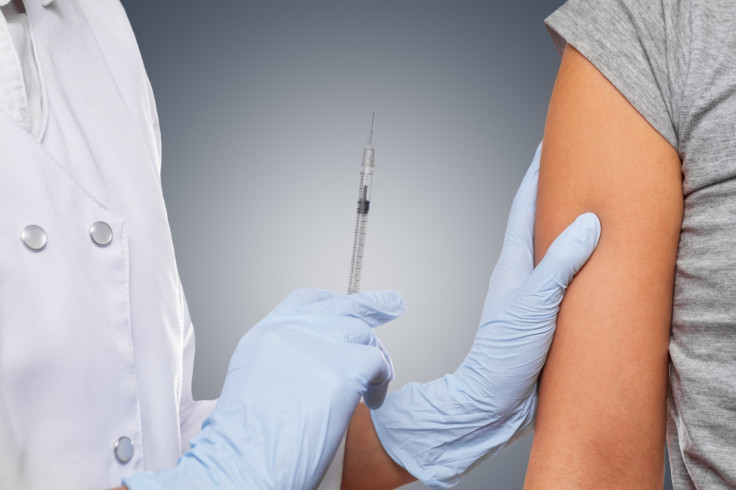Dengue Fever Candidate Vaccine Looks Promising But Still Has Its Share Of Limitations And Setbacks

Sanofi’s candidate vaccine for dengue fever looks promising but it comes with a list of limitations. For example, the vaccine has been found to not work as well on young children. At the moment, however, there is no vaccination against dengue fever. So perfected or not, the trial vaccine is the best shot the world has to fight the painful, and at times, deadly virus.
The study on the potential dengue fever vaccination, currently called CYD-TDV, was funded by Sanofi, and is currently available in the online medical journal The Lancet. In its trial, the vaccine reduced the incidence of dengue fever by 56 percent and reduced the most serious cases of hemorrhagic fever by nearly 90 percent, Reuters reported. “Our results suggest that vaccination with CYD-TDV can reduce the incidence of symptomatic dengue infection by more than half and importantly reduced severe disease and hospitalizations,” lead author Dr. Maria Rosario Capeding said in a recent press release. Capeding went on to describe the candidate vaccine as having “the potential to have a significant impact in view of high disease burden in endemic countries."
The study also found the vaccine to be relatively safe. There were a total of 647 serious adverse events reported, with 62 percent occurring in the vaccination group and 38 percent in the placebo group. Unfortunately the candidate vaccine did not work well at protecting young children from the virus and was found to not work efficiently for one of the four viral strains. "For the moment, [this latest] vaccine is the best we have; however, with 56 percent efficacy, it will never be a single solution," wrote Annelies Wilder-Smith, from Lee Kong Chian School of Medicine, in a commentary about the study.
The study’s results suggest that the vaccine would work best as an immune booster for patients who have already come in contact with the virus. It may prove especially useful in tropical regions where the virus is popular. Unfortunately, it is not believed that the vaccine would work well in travelers new to a high-risk dengue area or young children. Also up for debate with regards to the virus is whether or not the expensive three-shot treatment is really needed. Based on the study’s results, it seems that the level of effectiveness after one dosage was nearly as high as it was after three doses. If the vaccine is released, it will be left to the countries that buy it to decide whether they are worth the less-than-desired protection rate.
Dengue fever, also called “break bone fever” for the pain its associated with, is not normally deadly. However, Reuters reported that it kills an estimated 20,000 people each year. On an international level, the virus is responsible for one hospitalization every minute, many times in children. According to the Centers for Disease Control and Prevention, more than one-third of the world’s population lives in areas at risk for infection. The virus is spread by mosquitos. Common symptoms include high fever, severe headache, eye pain, joint pain, muscle/bone pain, rash, mild bleeding from the nose or gums, and a low white blood cell count.
Source: Capeding MR, Tran NH, Hadinegoro SR, et al. Clinical efficacy and safety of a novel tetravalent dengue vaccine in healthy children in Asia: a phase 3, randomised, observer-masked, placebo-controlled trial. The Lancet. 2014.
Published by Medicaldaily.com



























